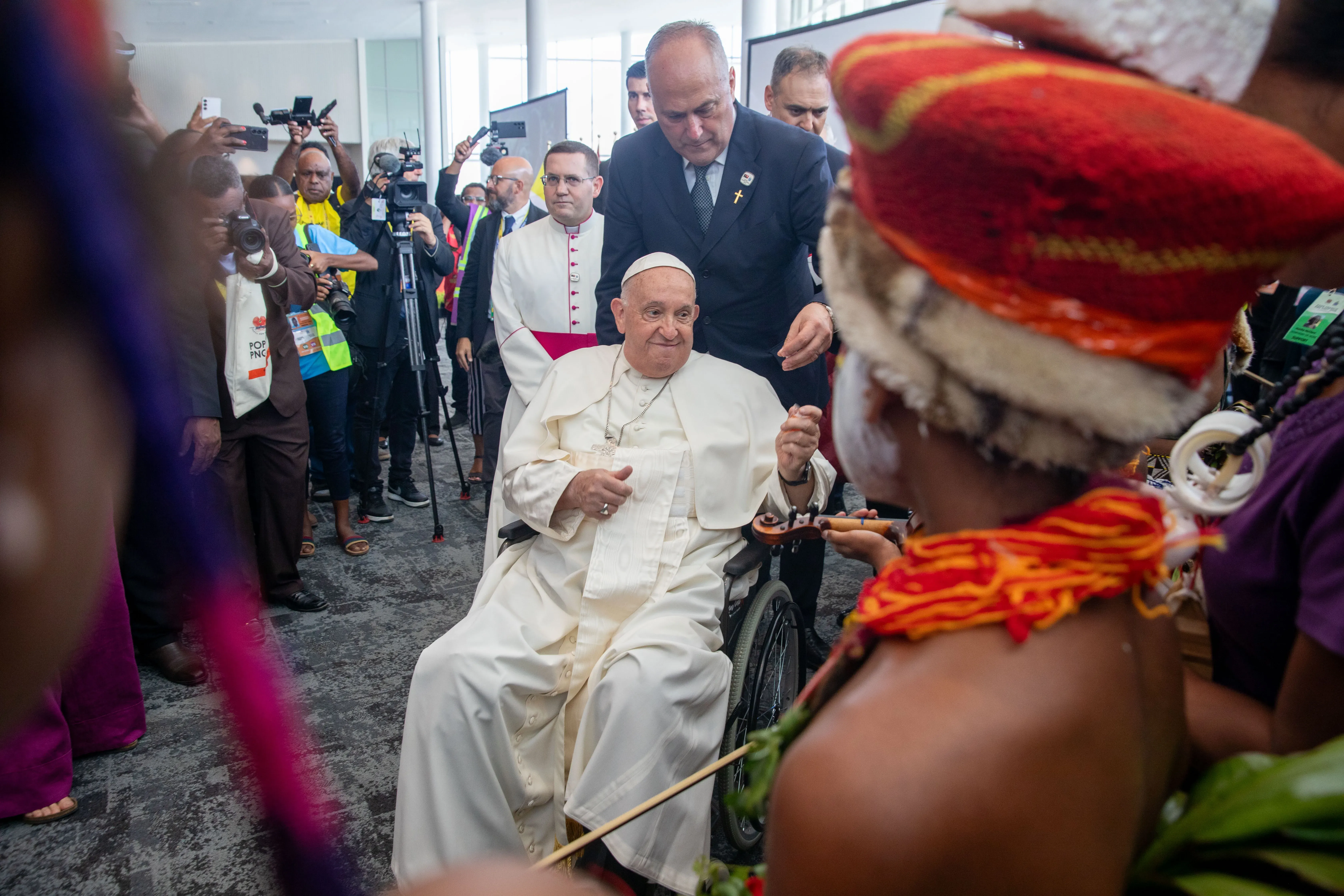The pope also recognized the heroic virtue of Elisa Giambelluca, an Italian laywoman and member of the Teresiana Institute (1941-1986); Sr. Maria Felicita Fortunata Baseggio, an Italian nun of the Order of St. Augustine (1752-1829); and Fr. Ignatius Spencer, a British priest of the Congregation of the Passion of Jesus Christ and convert from Anglicanism (1799-1864).
Fr. Albino Alves da Cunha e Silva, a 20th century Portuguese priest was also recognized to have lived a life of heroic virtue.
A few years after Silva was ordained a priest, the 1910 revolution broke out in Portugal and the anti-cleralist Provisional Government took power, expelling the Jesuits and other religious priests, closing convents, forbidding religious teaching in schools, and institutionalizing legal divorce.
Refusing to submit, Silva was arrested, but before he could be exiled to Africa, he escaped, then was smuggled into Spain, eventually being put on a boat for Brazil.
There he served as a parish priest in Catanduva, where he was not initially treated with welcome. Silva eventually won over the love and trust of the community. He constructed a new church, a hospital, and a home for elderly.
Silva also founded schools of higher education, including a faculty of medicine to train up doctors to work in his hospital.
In his last years of life, being in poor health, Silva resided at the hospital, personally helping with patients and other tasks. He died in 1973, two days before his 91st birthday.
On Feb. 20, Pope Francis also approved a miracle attributed to the intercession of Bl. Armida Barelli, an Italian lay woman who was a professed member of the Secular Franciscan Order and the co-founder of the Secular Institute of the Missionaries of the Kingship of Christ.
Barelli was appointed president of the National Girls’ Youth of Catholic Action organization by Pope Benedicts XV in 1918, and in 1921 she established the “Society of Friends of the Catholic University,” again at Benedict XV’s request.
She spent much of her life working to spread the Franciscan charism. She died in 1952, a few years after beginning to suffer the effects of a progressive disease.








